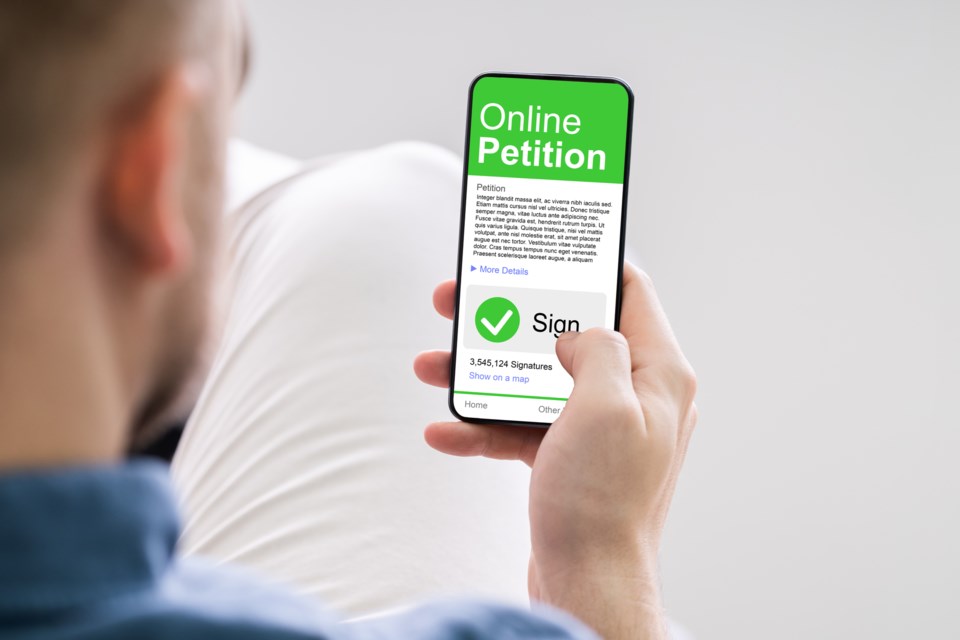We’ve all experienced the hard sell on the street corner by someone trying to get us to sign their petition. Save the Planet, No Nukes, Pipeline Pro and Pipeline Con -- there’s a petition for everything. And while we may not always agree with the wide-eyed, clipboard-holding, pen-wielding activist, we usually respect that they are working hard for a cause they truly believe in.
Generally, the intent of a petition is clear. What isn’t as certain is its impact on real change.
Will the politicians listen? Will the atrocities stop? Will the air be cleared? Will common sense prevail?
The humble street corner, the in-person petition is losing ground to technological change (cursed internet!). Last year, Change.org, the leader in digital online petitions, across the globe sign petitions hosted on their platform. Change.org has made it so easy to set-up, market, and get signatures that the benefits of petitions must now be reconsidered.
Recently, the return of the dreaded or beloved (no judgment here -- life’s too short) summer bike lane in Stanley Park sparked a battle of petitions -- pro and con. The “” petition, for example, currently has 30,000 signatures and counting. The apparently less popular “” petition has fewer signatures but is the official con to the pro (or is it pro to the con?).
Unlike petitions of yore, where binders full of thousands of sheets of paper with names, addresses, and signatures were dramatically dumped on the desks of the local leaders, petitions these days, like the ones on Change.org, are digitally transmitted to email inboxes, posted on social media, and trumpeted to local media. And on every side of the issue, we hear announced by the eager organizers that THEIR petition is the true representation of the people’s will. That may be true, but how is anyone to know for sure? Is more better or could less be more?
Good politicians weigh the facts and balance the mood of the people with the evidence before them. Is a locally-driven, community petition a fact or a trend? The pressure to bow to the pressure of one petition’s digital weight versus another, less popular, lighter-weight counterargument is real.
As a result, it’s imperative that leaders don’t throw out the data from any drive for online signatures. Instead, it should be received as non-scientific data -- an imperfect representation of the public mood. And then, leaders must rely on proven facts and the advice of trusted staff, experts, and process. Decision-makers must ensure data is collected with minimal leading questions, there are no gaps or missed opportunities, all while not steamrolling the process, obfuscating or avoiding tough questions from the people, the reporters and other politicians.
We elect people to make educated, fact-filled, instinctive decisions. They should also give the appropriate weight to the opinions and passion of petitions signed by people with handles like [email protected], [email protected], and [email protected].
George Affleck is a former City Councillor in Vancouver, retiring from office in 2018. He is the Founder of , Co-host of the political podcast Unspun, and a regular contributor on CTV and CKNW. Twitter @george_affleck



